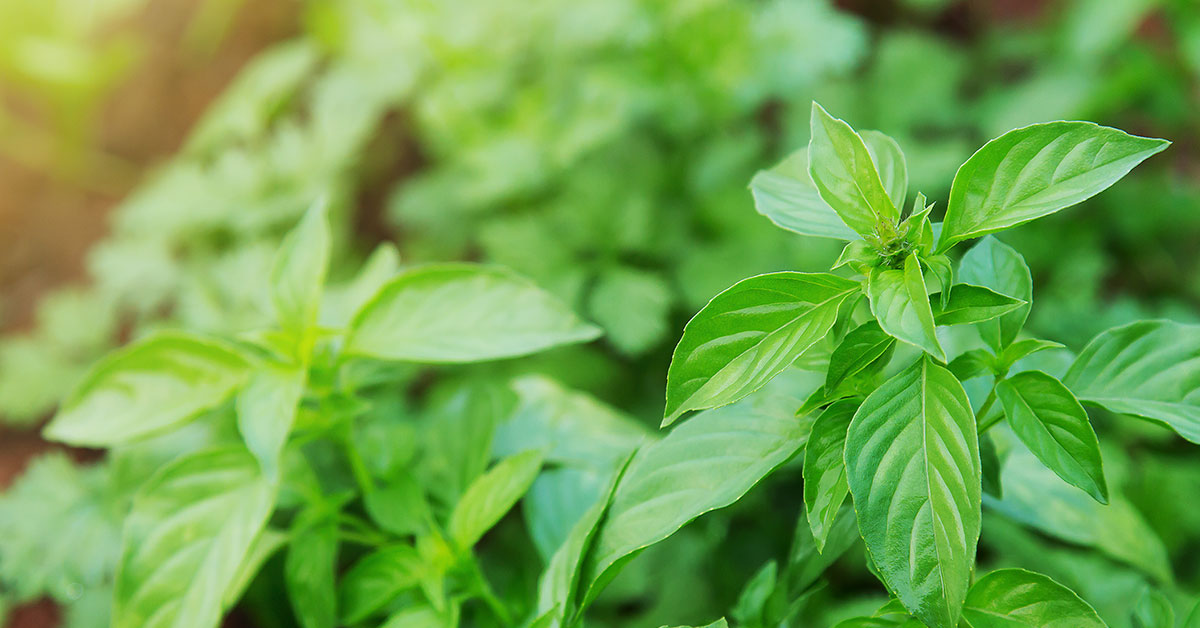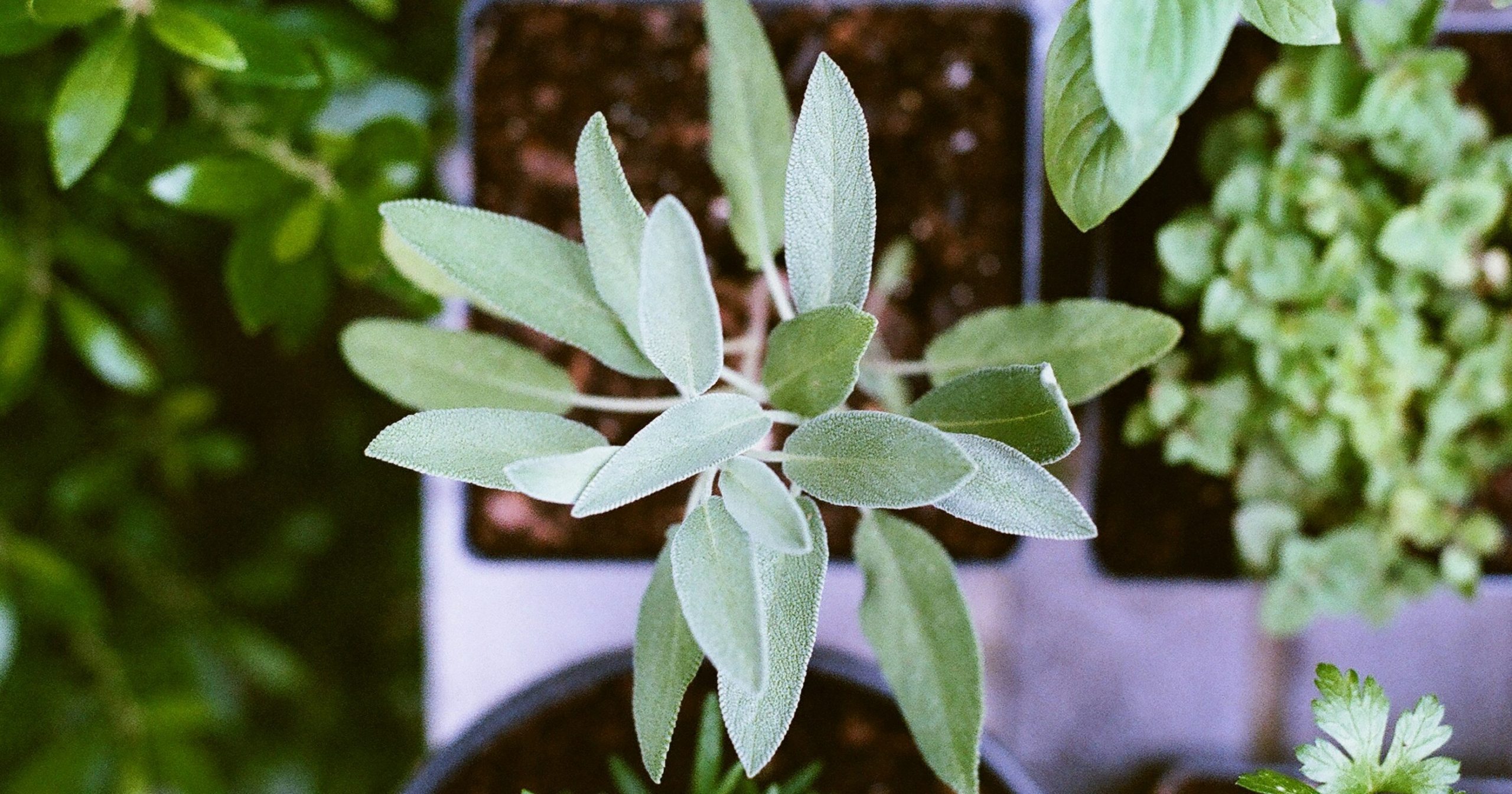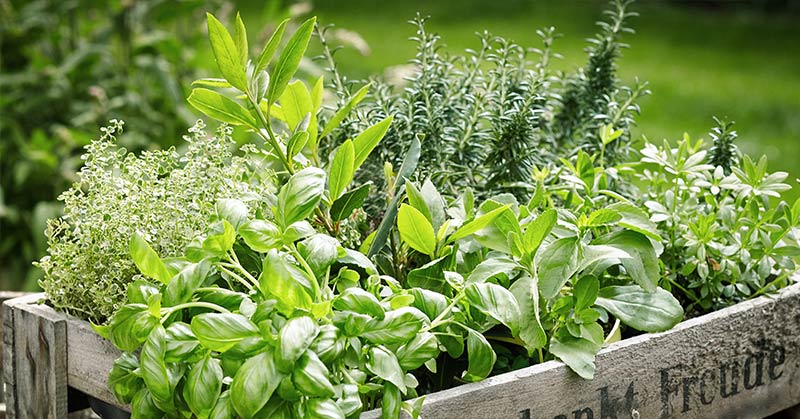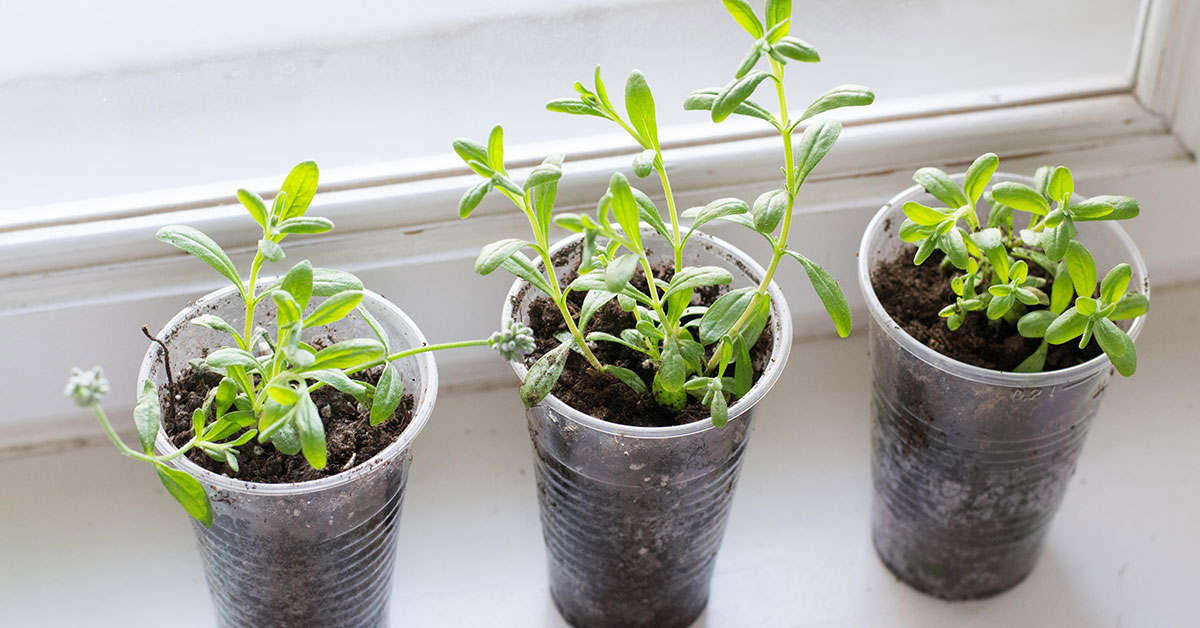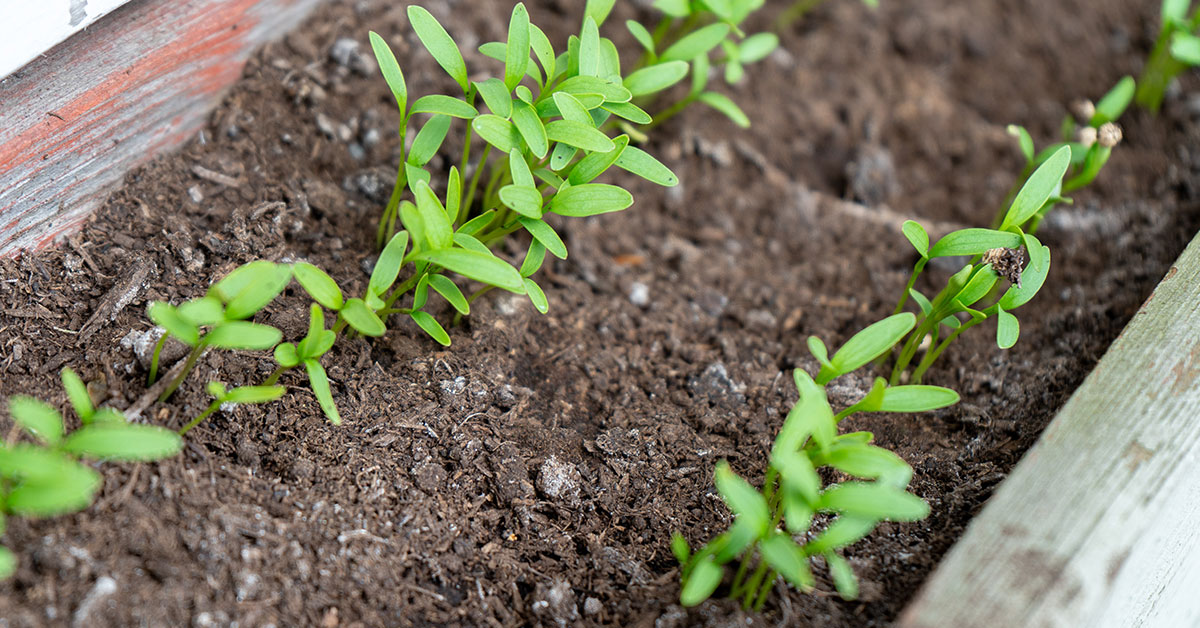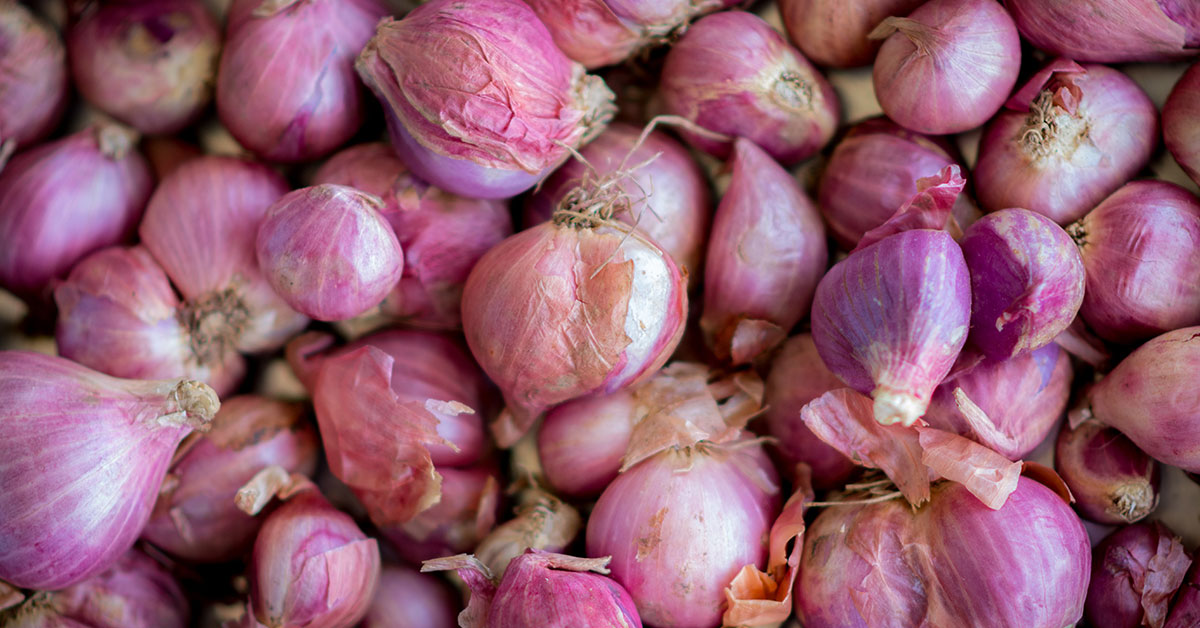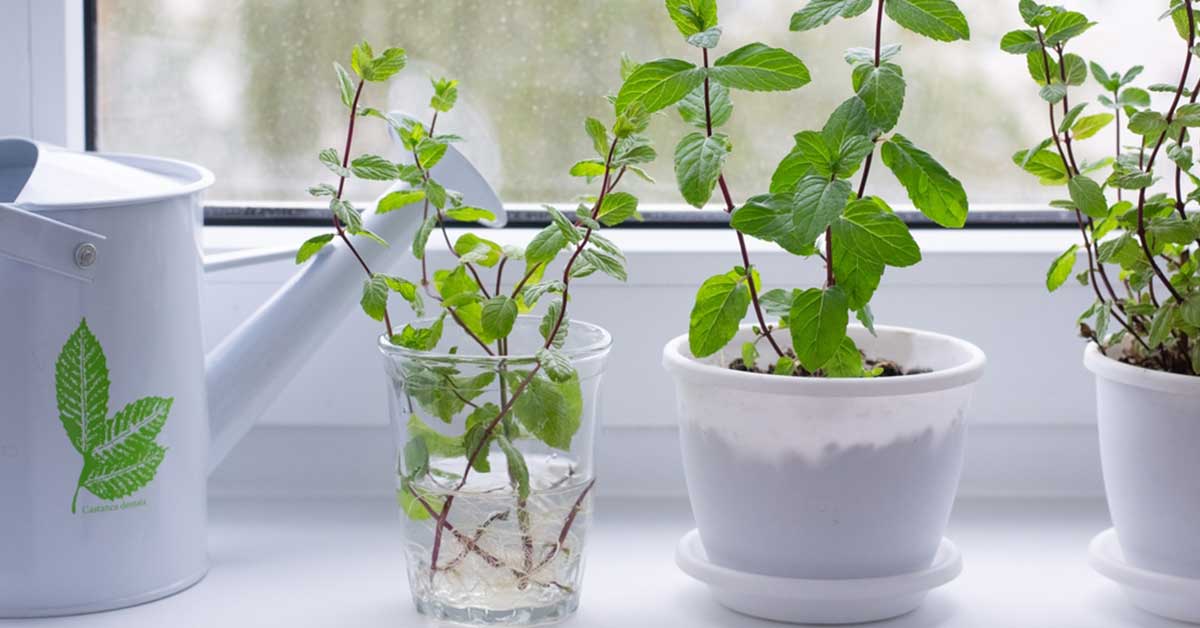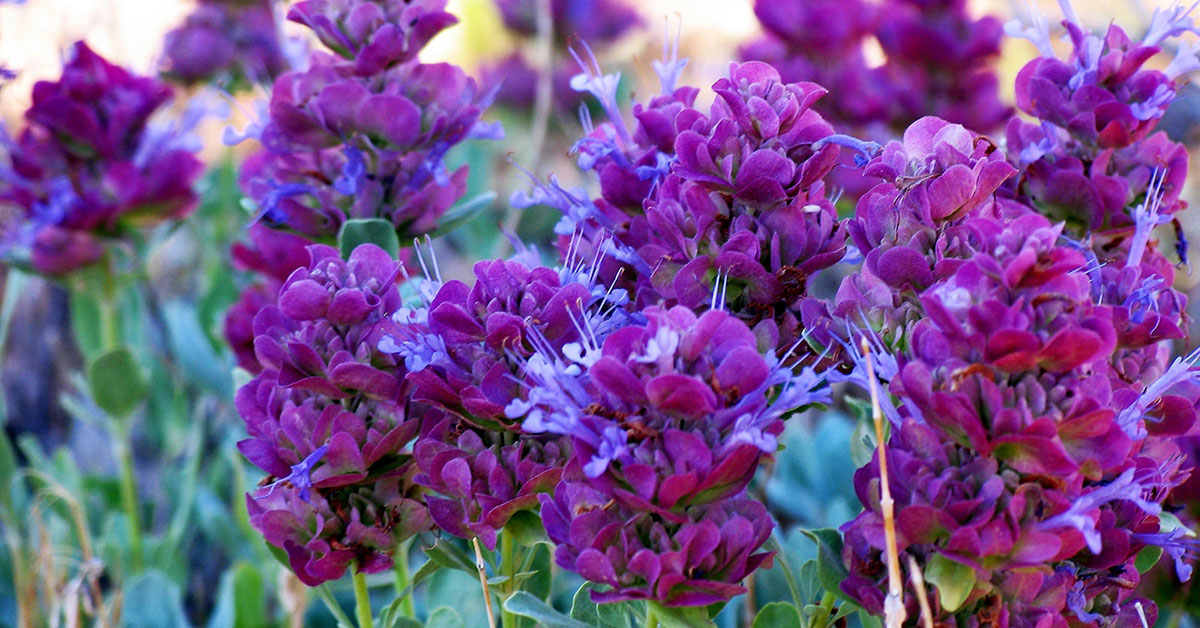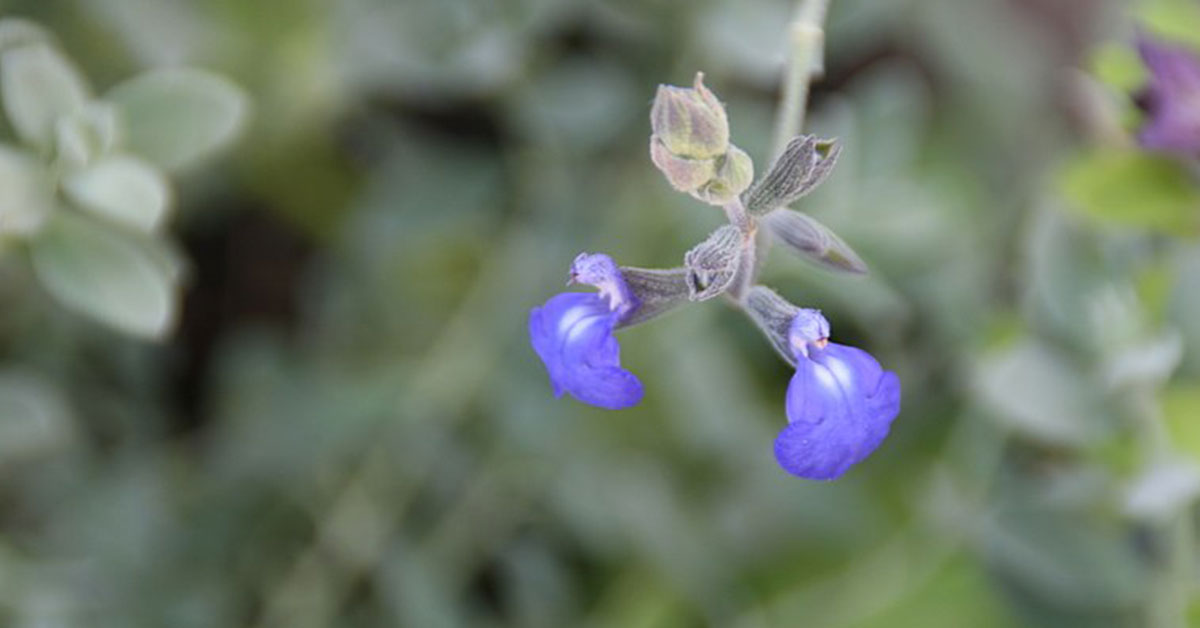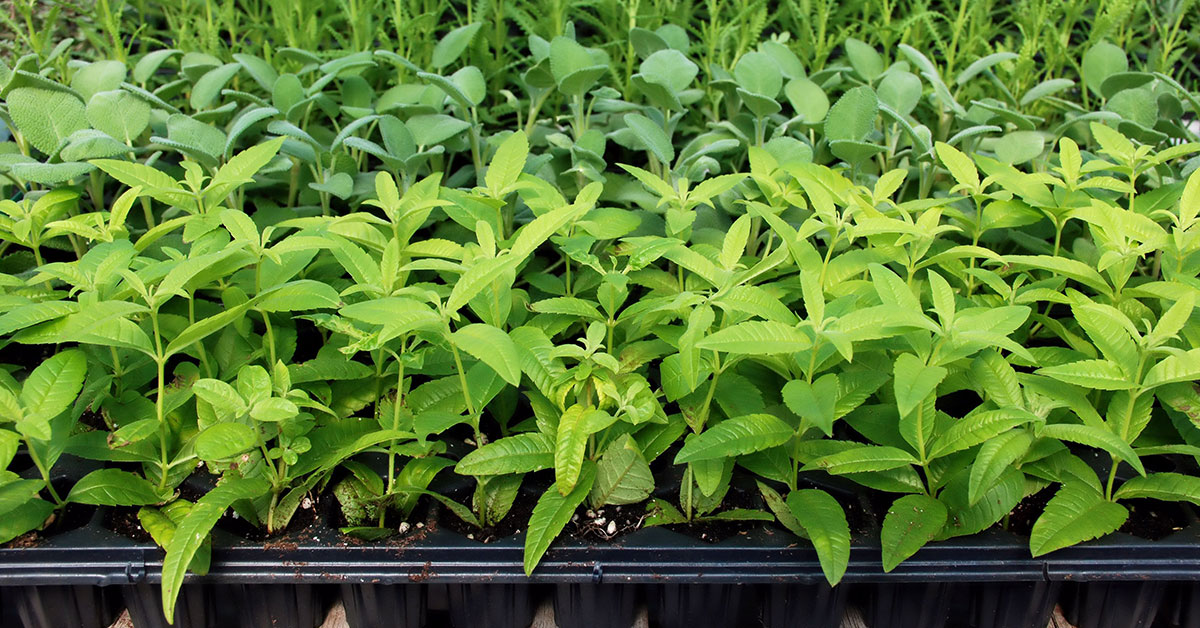Lemon basil is a popular herb that is used in many cuisines, especially in Southeast Asia. Its citrusy and slightly sweet flavor adds a refreshing and aromatic touch to dishes. Lemon basil is also known for its medicinal properties, containing antioxidants and anti-inflammatory compounds that can help improve digestion, boost the immune system, and reduce stress. In this blog, we will take a closer look at lemon basil, its history, uses, and benefits, and provide you with some delicious recipes to try at home.
What is a Lemon Basil?
Lemon basil is an herb that is used in various culinary dishes and beverages. As the name suggests, it is a variety of basil that has a distinct lemon aroma and flavor. It is also known as Thai lemon basil, hoary basil, and Lao basil. The herb is native to Southeast Asia and is widely used in Thai, Laotian, and Indonesian cuisine.
The leaves are bright green and have a lance shape. They are slightly hairy and have a lemony scent. The plant can grow up to two feet tall and produces white or purple flowers. This herb is easy to grow and can be cultivated in most climates. It is an annual herb that prefers full sun and well-drained soil.
Lemon basil is a versatile herb that can be used in various ways. It can be used fresh or dried in salads, soups, stews, curries, and stir-fries. It is also used to flavor sauces, marinades, and dressings. Lemon basil is a popular ingredient in herbal teas and cocktails. The herb is known for its refreshing and uplifting properties and is often used for its medicinal benefits.
This herb is a delicious and aromatic herb that can add a unique flavor to your dishes. It is easy to grow and can be used in various culinary applications. If you haven’t tried this herb before, consider adding it to your herb garden and experimenting with it in your cooking.
What makes Lemon Basil different from other varieties?
Lemon Basil (Ocimum basilicum ‘Lemon’) is a basil variety that is distinct for its strong lemony aroma and flavor. Here are a few characteristics that differentiate Lemon Basil from other basil varieties:
- Lemon Fragrance: Lemon Basil is highly prized for its intense citrusy fragrance. The leaves emit a strong and refreshing lemon scent when crushed or brushed. This unique lemon aroma sets this herb apart from other basil varieties, which typically have a more herbaceous or sweet aroma.
- Flavor: As the name suggests, this herb offers a pronounced lemon flavor. Its taste is reminiscent of freshly squeezed lemons, with bright and tangy citrus notes. The flavor is often described as a delightful blend of lemon and basil, adding a zesty and refreshing element to culinary creations.
- Leaf Appearance: It has medium-sized leaves that are bright green and smooth. The leaves are typically broader and slightly elongated compared to other basil varieties. They may have a glossy texture, enhancing their visual appeal.
- Culinary Uses: Lemon Basil is valued for its culinary applications, especially in dishes that benefit from a citrusy twist. It is an excellent complement to seafood, salads, dressings, marinades, and various summer recipes. The vibrant lemon flavor of this herb can also be used to infuse oils, vinegar, or water for an extra zing.
It’s worth noting that while this herb has its unique characteristics, individual plants may exhibit variations in fragrance and flavor intensity based on factors such as growing conditions, harvesting time, and specific cultivars.
How to grow Lemon Basil
Lemon basil is a popular herb that is widely used in cooking and for medicinal purposes. Growing your own plant is a great way to have a fresh supply on hand whenever you need it. With the right care and attention, you can easily grow this herb in your own garden or even indoors.
Choosing the Right Location
Before you start growing lemon basil, it is important to choose the right location. Lemon basil needs at least six hours of direct sunlight each day, so it is best to choose a sunny spot in your garden. If you are growing lemon basil indoors, make sure it is placed in a bright area near a sunny window.
Preparing the Soil
Once you have chosen the right location, it is time to prepare the soil. This herb prefers well-draining soil that is rich in organic matter. You can improve the soil by adding compost or aged manure. Mix the soil well and make sure it is evenly moist before planting the seeds.
Planting Lemon Basil Seeds
The seeds can be planted directly in the soil or started indoors. If you are starting the seeds indoors, use a seed tray filled with seed-starting mix. Sow the seeds about ¼ inch deep and keep the soil moist. Once the seeds have germinated and the seedlings are about two inches tall, you can transplant them to your garden or larger pots.
Caring for Lemon Basil
This herb is a low-maintenance plant that requires minimal care. Water the plants regularly, but be careful not to overwater them as this can cause root rot. Fertilize the plants every two to three weeks with a balanced fertilizer. You can also pinch off the tips of the plant to encourage bushier growth.
Harvesting Lemon Basil
Once your plant is about six inches tall, you can start harvesting the leaves. Simply pick the leaves off the plant and use them fresh or dry them for later use. This herb is best used fresh, so try to use the leaves as soon as possible after harvesting.
Growing this herb is easy and rewarding. With the right care and attention, you can have a fresh supply of lemon basil on hand whenever you need it. Whether you grow it in your garden or indoors, lemon basil is a great addition to any kitchen.
Other tips for growing Lemon Basil
Here are some additional tips to help you have a successful lemon basil harvest:
- Soil: This herb prefers well-drained soil with a slightly acidic pH between 6.0 and 7.5. Make sure to amend your soil with compost or other organic matter to provide the necessary nutrients.
- Watering: It needs regular watering to thrive, but it’s important not to over-water. The soil should be moist but not waterlogged. Be careful not to get water on the leaves, as this can lead to fungal diseases.
- Fertilizer: This herb benefits from regular fertilization with a balanced fertilizer. Organic options like compost tea or fish emulsion are great choices.
- Pruning: Pinch off the tips of your plants to encourage bushy growth. This will also help prevent the plant from getting too leggy.
- Harvesting: You can begin harvesting lemon basil leaves as soon as the plant has enough growth. Be sure to only take a few leaves at a time and avoid cutting the stem too close to the base.
By following these tips, you can enjoy a bountiful and flavorful crop of lemon basil. Happy gardening!
Common problems with growing Lemon Basil
There are a few common problems that you may encounter when growing lemon basil. Here are some of the most common issues and how to fix them.
- Poor drainage: This herb needs well-draining soil to thrive. If the soil is too heavy or doesn’t drain well, the roots can become waterlogged and start to rot. To fix this problem, make sure that your soil is well-draining and that your container or garden bed has adequate drainage.
- Overwatering: Overwatering is a common problem with basil plants, including lemon basil. If you water your plants too frequently or too much, the roots can become waterlogged and rot. To prevent overwatering, water your plants deeply but infrequently and make sure that the soil has a chance to dry out between waterings.
- Pests: It is susceptible to a variety of pests, including aphids, spider mites, and whiteflies. These pests can damage the leaves and weaken the plant. To prevent pest problems, keep your plants healthy and well-fed, and use organic pest control methods if necessary.
- Fungal diseases: This herb is prone to fungal diseases, such as powdery mildew and downy mildew. These diseases can cause white powdery spots on the leaves and stems, and can eventually kill the plant. To prevent fungal diseases, keep the leaves dry and avoid overhead watering. If you do notice signs of fungal disease, remove infected leaves and treat the plant with a fungicide.
By taking care to prevent these common problems, you can ensure that your plants grow healthy and strong, and provide you with a delicious and fragrant herb to use in your cooking.
Uses
Lemon Basil is a versatile herb that can be used in a variety of ways. Here are just a few of the ways that you can use it:
- Culinary Uses: It is often used in Mediterranean and Asian cuisine. It can be used to flavor soups, stews, sauces, and salads. It pairs well with chicken, fish, and vegetables. You can also use it to make pesto or add it to your favorite pasta dishes.
- Aromatherapy: This herb has a refreshing and uplifting aroma that can help to improve your mood and reduce stress. You can add a few drops of Lemon Basil essential oil to a diffuser or use it in a relaxing bath.
- Herbal Tea: It can be used to make a delicious and refreshing herbal tea. Simply steep a few fresh leaves in hot water for a few minutes and enjoy.
- Natural Insect Repellent: It contains citronella, which is a natural insect repellent. You can crush a few leaves and rub them on your skin to keep mosquitoes and other insects at bay.
- Medicinal Uses: This herb has been used in traditional medicine to treat a variety of ailments, including indigestion, headaches, and fever. It is also said to have anti-inflammatory and antibacterial properties.
Overall, Lemon Basil is a versatile herb that can be used in many different ways. Whether you are looking to add flavor to your cooking, improve your mood, repel insects, or treat a minor ailment, this herb is definitely worth trying.
